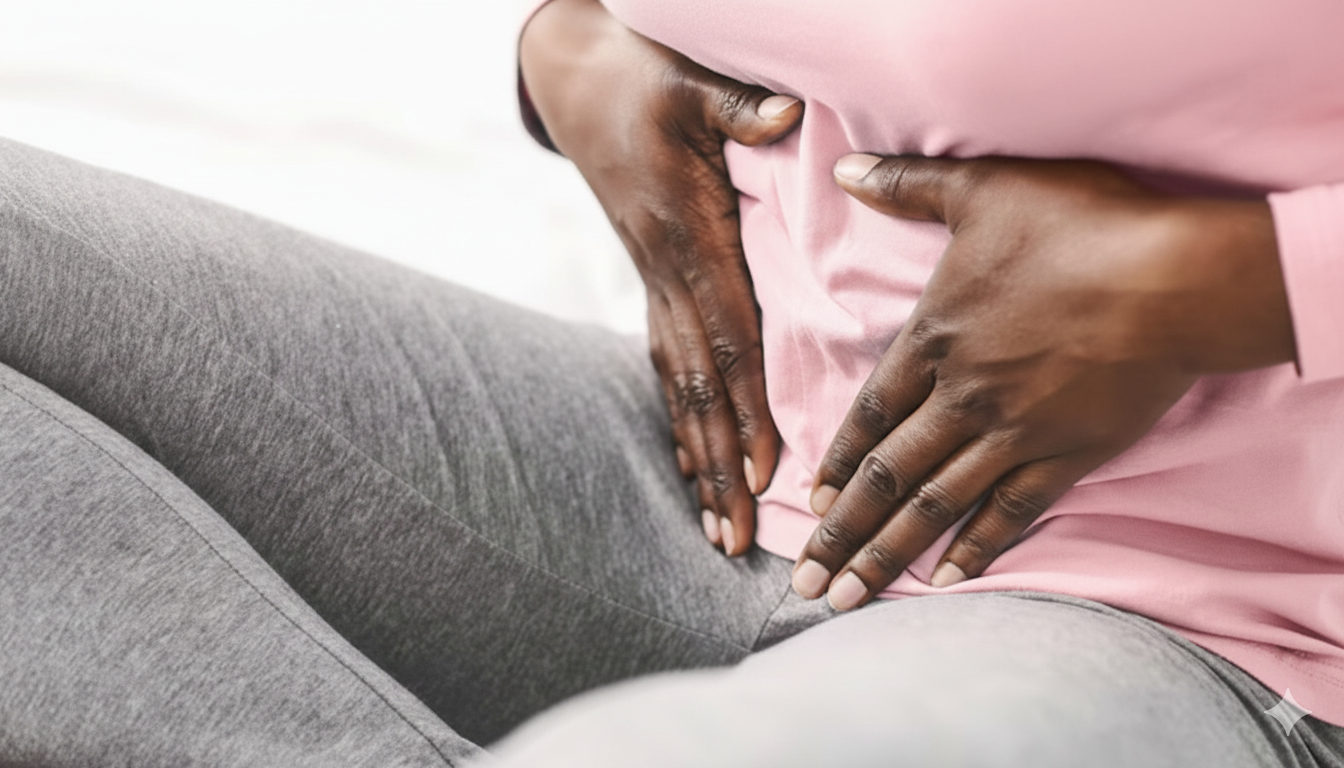Fibroids, also known as uterine leiomyomas, are noncancerous growths that develop in or around the uterus. These benign tumors are common among women of reproductive age, affecting up to 70% of women by the age of 50. While the exact cause of fibroids remains unclear, research has shown that certain factors, including hormones and genetics, play a significant role in their development. Additionally, recent studies have highlighted the impact of weight and obesity on fibroids, shedding light on the importance of maintaining a healthy weight for overall well-being and fibroid management. The relationship between weight, obesity, and fibroids, and delve into potential strategies for addressing this critical health issue.
Multiple studies have suggested that weight and obesity can influence the development and growth of fibroids. Obesity, defined as having a Body Mass Index (BMI) of 30 or higher, is associated with an increased risk of fibroids. The exact mechanisms underlying this link are complex and not yet fully understood, but several factors may contribute to the connection.
Hormonal Imbalance:
Adipose tissue, commonly known as fat cells, produces and stores hormones, including estrogen. Excess fat cells can lead to elevated levels of estrogen in the body. Estrogen plays a crucial role in the growth of fibroids, and higher estrogen levels have been linked to an increased risk of fibroid development and growth.
Insulin Resistance:
Obesity often leads to insulin resistance, a condition where the body’s cells have difficulty responding to insulin, resulting in elevated blood sugar levels. Insulin resistance can further disrupt hormone levels and contribute to fibroid growth.
Inflammation:
Obesity is associated with chronic inflammation in the body. Inflammatory responses may promote the growth of fibroids and exacerbate their symptoms.
Mechanical Factors:
Increased weight and obesity can exert pressure on the abdomen and pelvic region, potentially contributing to the development of fibroids.
Impact of Weight on Fibroid Symptoms
Beyond their role in fibroid development, weight and obesity can also influence the severity of fibroid symptoms. Women who are overweight or obese may experience more significant symptoms, including heavy and prolonged menstrual bleeding, pelvic pain or discomfort, and increased pressure on surrounding organs.
Furthermore, weight and fibroids can create a vicious cycle. Excessive weight can exacerbate fibroid symptoms, leading to reduced physical activity and increased sedentary behavior. As a result, weight gain may continue, aggravating fibroid-related problems and overall health.
Fibroid Treatment Challenges in Overweight or Obese Women
Managing fibroids in overweight or obese women can be more challenging. Some fibroid treatments may be less effective or carry higher risks for complications in individuals with a higher BMI. For instance, certain surgical procedures might be more complicated, and the recurrence rates of fibroids may be higher in women with obesity.
Weight loss before fibroid treatment may be recommended in some cases to improve surgical outcomes and overall health. However, it is essential to address fibroid symptoms promptly, as untreated fibroids can lead to anemia, fertility issues, and a decreased quality of life.
Strategies for Fibroid Management in Overweight or Obese Women
If you are overweight or obese and have been diagnosed with fibroids, taking proactive steps to manage both your weight and fibroids can significantly improve your health and well-being. Here are some strategies to consider:
Seek Professional Guidance:
Consult with a healthcare provider who specializes in fibroid management. They can help you understand the best treatment options for your unique situation and advise you on lifestyle changes to promote weight loss and overall health.
Adopt a Balanced Diet:
Focus on a nutrient-rich diet that includes a variety of fruits, vegetables, whole grains, and lean proteins. Minimize the consumption of processed and high-calorie foods to support weight management and hormonal balance.
Regular Physical Activity:
Engage in regular physical activity, even if it starts with low-impact exercises. Incorporate activities that you enjoy to make exercise a sustainable part of your lifestyle.
Consider Non-Surgical Treatments:
For women who prefer non-surgical approaches, options like hormone therapy, uterine artery embolization, and focused ultrasound may be viable alternatives to manage fibroid symptoms.
Weight Loss as a Component of Fibroid Treatment
If your healthcare provider suggests weight loss before fibroid treatment, work with them to develop a safe and realistic weight loss plan that aligns with your overall fibroid management goals.
The connection between weight, obesity, and fibroids is a complex interplay of hormonal, inflammatory, and mechanical factors. Maintaining a healthy weight through a balanced diet and regular physical activity can not only lower the risk of fibroids but also improve fibroid symptom management and overall well-being. If you have concerns about fibroids or are experiencing symptoms, it is crucial to seek professional medical advice for a personalized treatment plan that addresses both your weight and fibroid-related needs. Remember, embracing your feminine power involves nurturing your physical and emotional health, and managing fibroids can be an essential step in achieving that empowerment.








